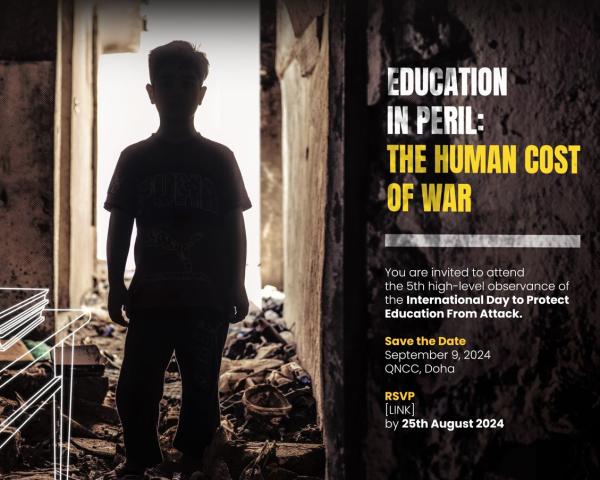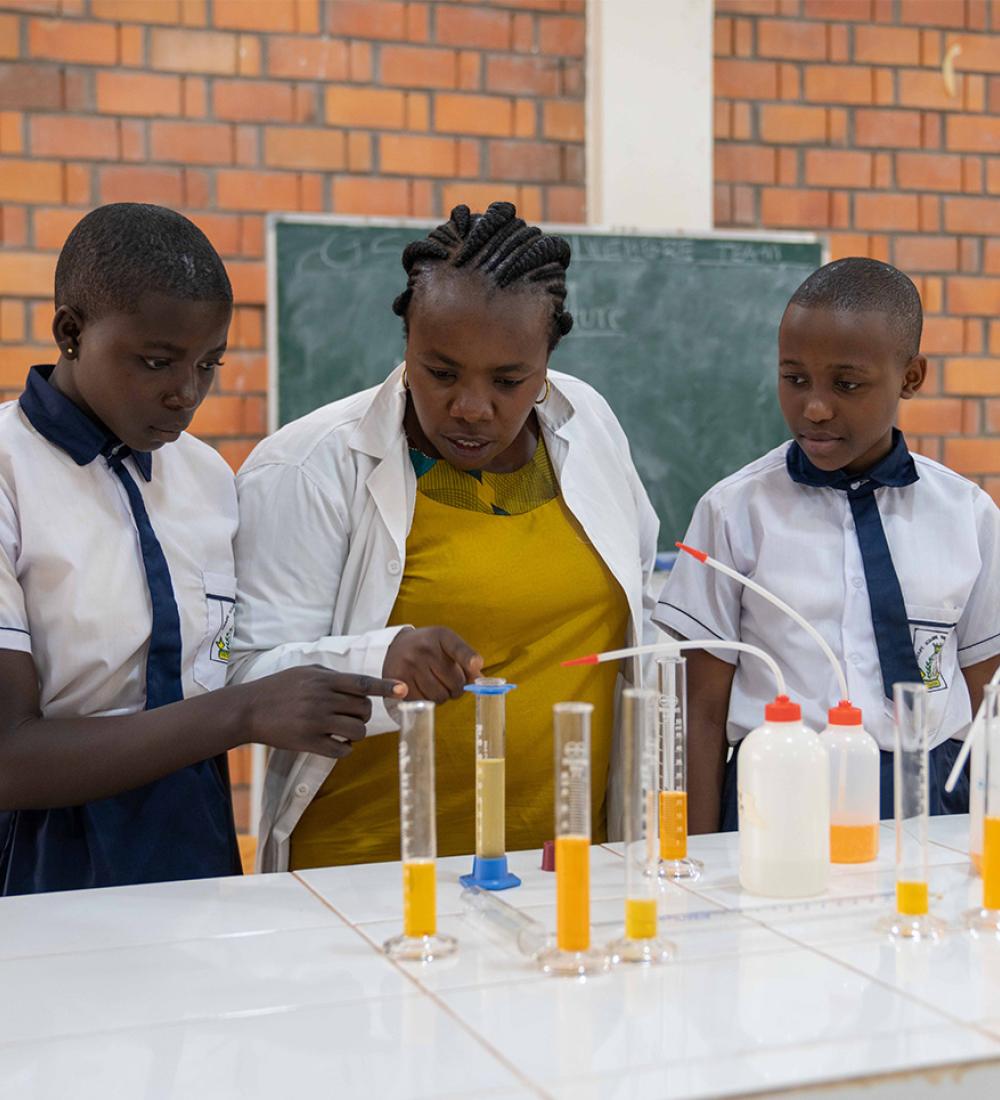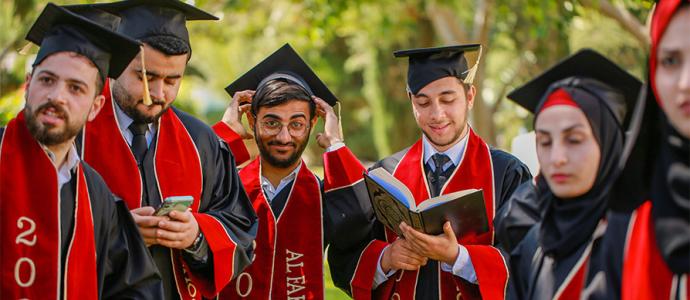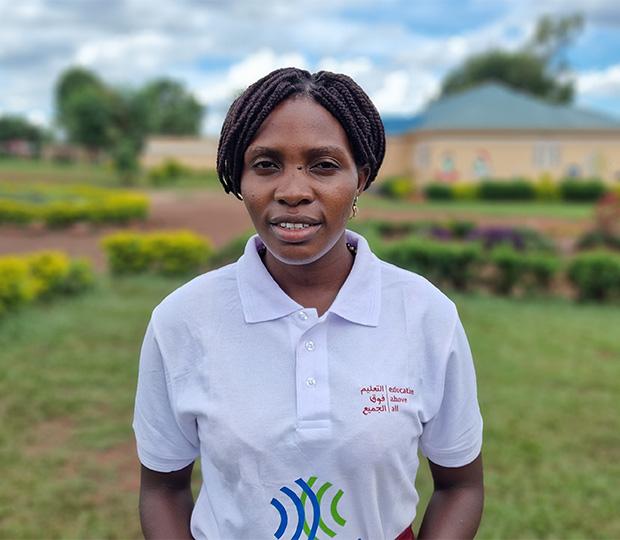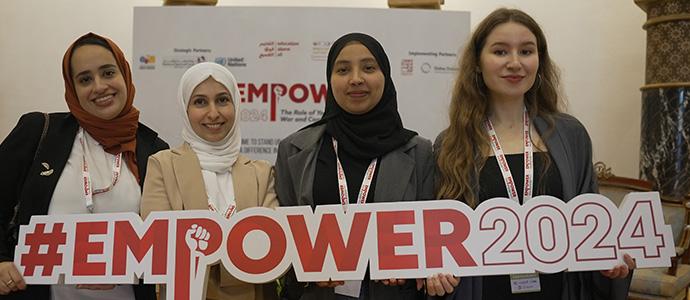Keeping Students without Internet Access Learning during Covid-19 School Closures
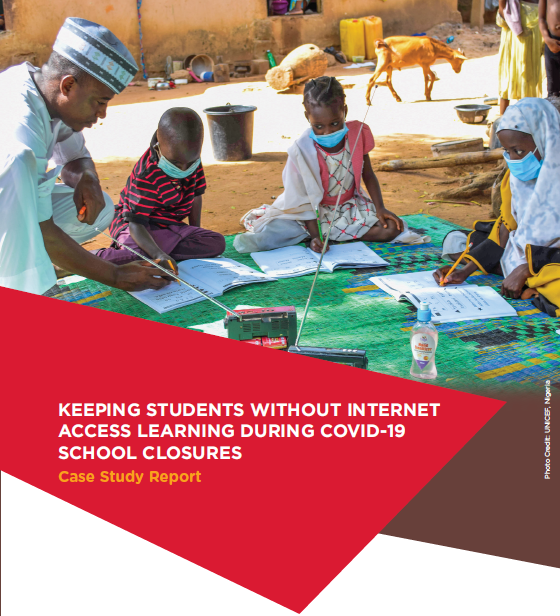
For much of the pandemic, the focus has been on how to use technology to compensate for lost learning time in schools. The term “technology” was generally understood to mean the internet and the many devices that take advantage of it. The pandemic underscored clearly the prevalence of disparity, particularly in relation to internet access. This finding was no surprise to EAC, its partners, and many others working in development. For this group there was a choice: despair at the lack of internet access or find other solutions. EAC and its partners, like many others, chose the latter.
This case study shows the importance of meeting learners where they are, and finding modalities that can be easily operationalised with modest means in resource-poor environments. The study points to the significance of seeking local solutions and using them creatively, and to the added value of combining approaches for extended reach. It also demonstrates the need for all educations systems to increase the flexibility of their approaches to reach more children through a variety of modalities that can accommodate different learning styles.
A few of EAC’s partners observed less learning loss than was originally expected in some situations. They also realised that addressing an abrupt challenge to the status quo in education provided additional benefits, including in relation to child protection activities and fostering necessary government and NGO linkages.
This work also raises some questions that we need to address. First, and foremost, is the dire lack of emergency preparedness in almost every education system and provider globally. To have nations across the world so unready for a crisis is unforgivable when we have so much sophistication and so many prediction and response resources available.
A second, more challenging, one centres on the fact that out of school children only became a global concern when the children from more privileged homes found their right to education curtailed. This “reduced” right is being, or will be, restored for those children. The question remains as to why the same level of concern and action is not given to the millions who were out of school before the pandemic and could remain so. This is the crisis for which we can be prepared and for which we have solutions.







